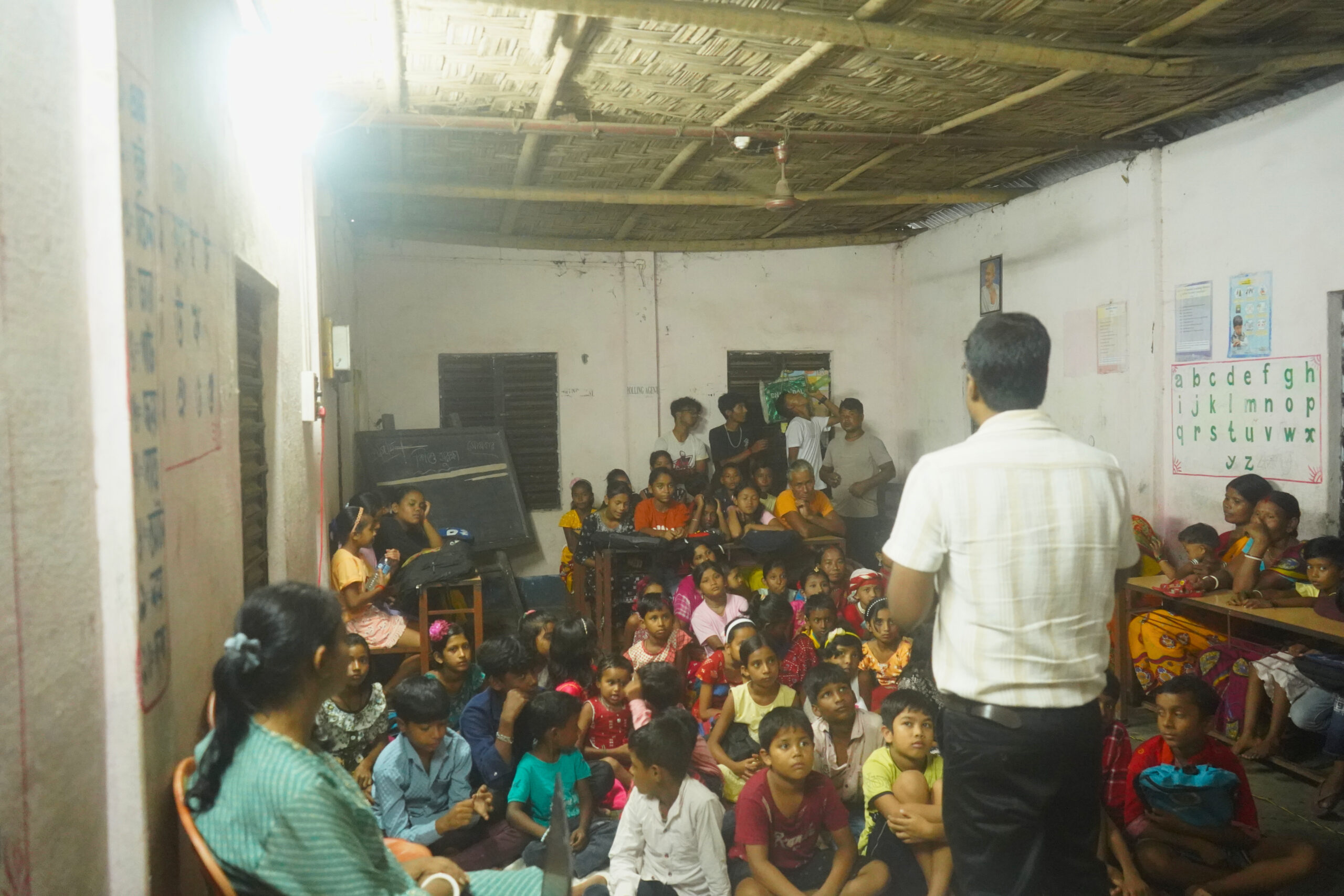
Parinaama Development Foundation, in partnership with Dooars Jagaran, the District Child Protection Office, and Matelli Himalayan Prayatn Dooars Society, has been working to strengthen child safety across tea garden communities in Jalpaiguri district, West Bengal.
Our recent efforts focused on four locations: Sardar Para, Goral Bari, Karala Valley, and Joypur Tea Estate. In communities where children grow up facing economic challenges, safety can’t be taken for granted. That’s why creating safe, open, and informed spaces for children has become a vital part of our Foundational Literacy and Numeracy (FLN) work.

We designed child safety workshops that go beyond information-sharing. The goal was to bring together children, parents, educators, and local stakeholders to collectively understand what safety means and how it can be strengthened in everyday life.
Behind the Scenes: What Went Into the Preparation
Planning began weeks before the first session. Our FLN team worked closely with Dooars Jagaran and coordinated with the District Child Protection Officer (DCPO) to shape the content and delivery. Teachers helped us anchor the sessions in real classroom needs, offering practical suggestions and supporting logistics like venue availability. Surveys with FLN educators also helped ground the discussions in local realities.

At the same time, we were preparing training materials, scheduling resource persons, and building connections with organisations like Pratham to explore long-term collaborations.
What the Workshops Covered
Across four locations, over 400 participants, children, parents, and educators attended the workshops. Each session was shaped by its context and led by dedicated facilitators
Across July, we conducted workshops in Sardar Para, Goral Bari, Karala Valley Tea Estate and Joypur Tea Estate. The sessions were led by
- Partha Pratim Basu, Director of Dooars Jagaran
- Sudip Bhadra, District Child Protection Officer
- Tarak Majumder, Founder of Matelli Himalayan Prayatn Dooars Society
Each workshop created room for reflection, questions, and shared understanding. Children spoke more freely as the sessions progressed. Parents stayed back after the workshops to ask questions. Teachers offered to carry the learning forward in classrooms.
What We Learned
Safety began to take new shape as a policy and an abstract idea, but as something lived and felt as the conversations reflected the daily realities of tea estate families.
At Goral Bari, during a discussion on abuse, 13-year-old Animesh Roy shared, “It happens to us too… boys also go through it.”
Their words served as a powerful reminder that child safety discussions must be inclusive, sensitive, and ongoing.
Want to support or collaborate on future sessions?
🌐 Support the cause: Donate now

